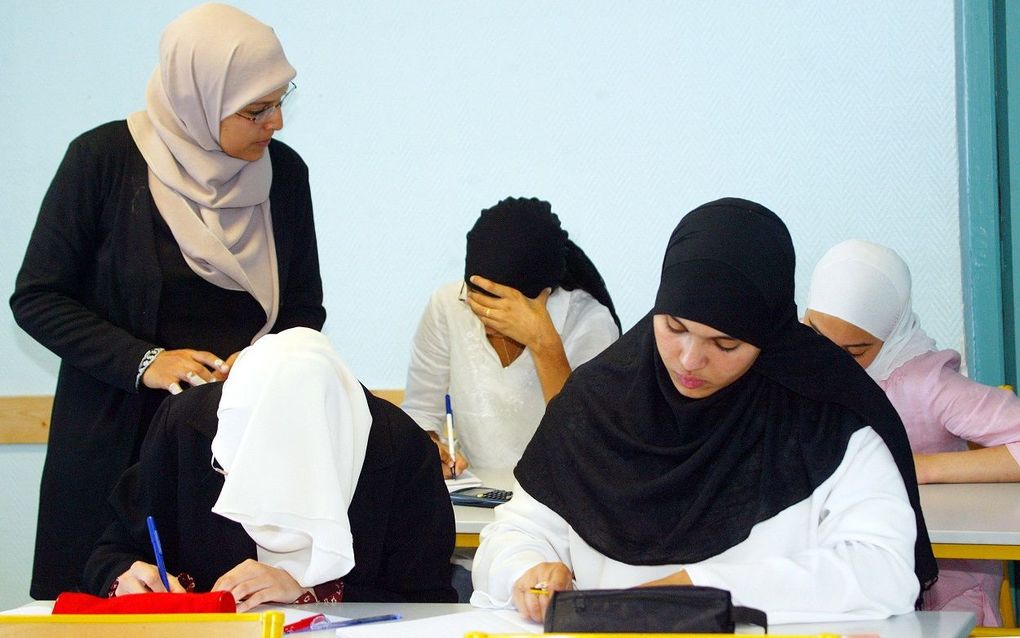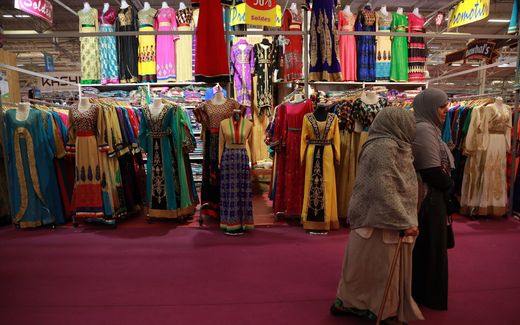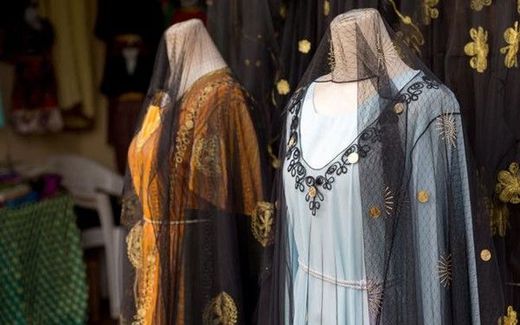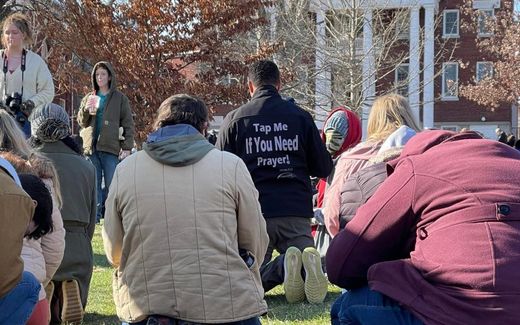Joe-Lize's comment – French government expels girls from education because of their faith

Students from France's first private Muslim high-school, Averroes in Lille. Photo AFP, Francois Lo Presti
Opinion
Girls who wear a long dress, a so-called abaya, over their regular clothes may not enter the classroom in France. Yet, it is wrong to force students to go against their conscience as a requirement to receive education.
In France, church and state are strictly separated by law. But the state understands this as a separation of religion from the public life. Therefore, the government wants to ban anything that may have to do with religion from the public sphere.
Thus, one's faith should not be read from one's clothes, the Minister argues. Therefore, students are not allowed to wear a headscarf and this school year, for the first time, not an abaya as well. In the past, the French government even said to be looking at whether long skirts should become forbidden, as they were often worn by Muslim girls.
Modest
Once in a while, the debate around clothing rules at schools flares up. Mostly, this happens around summertime when it gets hot, and the clothing reveals more and more skin. And that causes discussion. Say the abaya debate but then the other way around. Schools want to implement rules that require modest clothing at school, while students argue they should have the freedom to wear whatever they want and any teacher who says anything about their revealing clothing is a creep who should not be allowed to work with children.
Yet, there is a large difference between the former discussion and the latter. Muslim girls do not wear the abaya because they think it is fun to do so per se. Or because they believe the temperature requires them to do so. Instead, they believe they must do so because their conscience tells them that it is necessary to wear a long dress that covers them to their ankles to dress modestly. They feel exposed when they are forced to wear a skirt that does not reach their feet and are forbidden to cover their hair.
That is probably also why so many Muslim girls attempted to smuggle their abaya into the classroom, refused to take it off and preferred to be sent home instead of abiding by the new rule. For them, it was an issue that touched on their principles.
For the latter, however, the discussion is about the freedom to wear clothes of their own choice. If they feel that they should wear a crop top to school today, they are convinced they should be allowed to do so. Because aren't garments just a matter of taste? However, there is nothing in their conscience that tells them they must wear a crop top. They do not believe there is anything wrong with wearing something other than a crop top because in winter, all the crop tops are hidden in the closet again and no one protests against that.
Ethical
As a result, one could maybe even argue that an abaya ban risks violating the human right to freedom of conscience. At the same time, the second one does not infringe on any human rights.

Also, the abaya ban might even prevent girls from going to school, either because their parents do not allow them if they cannot dress 'modestly' or because they do not want to go against their own conscience.
Then the question arises: Is this morally justifiable? Is it ethical to deny people access to something as crucial as education because they do not want to violate their conscience? And I think the answer to those questions is no. Children should not be refused access to a human right, such as education, just because they do not share the same opinion as the majority of society.
Uniforms
School uniforms would be a way to quench the discussions about which garments one can wear to school and which not. In addition, the French government would reach its goal at once: everyone looks equal. Not only do school uniforms erase the difference between religions, but they also cover the difference between rich pupils and their poor classmates.
There would even be a solution for those who object to certain clothes for conscientious reasons: the school uniform could include several garments from which the students can pick. And thus, there could also be some items which are modest in the eyes of Muslims and other religions that have a high standard of modesty. And all these pieces of clothing would be available to all students, so they do not become typical for a certain religious group.
At the same time, it would be too optimistic to believe that school uniforms solve all discussions about clothing, I learned when I attended a Canadian school with school uniforms. However, instead of the length of skirts, the discussion will then be about the colour of shoes worn with the uniform or whether students should be allowed to add their own scarf to the standard outfit. Oh well, at least all students could be the object of such a discussion, not only a particular group. So, even in that sense, they would be all equal.
Joe-Lize Kruijsse-Brugge (1999) has been working as a journalist since 2020.

She started her career with the Dutch daily Reformatorisch Dagblad as a reporter on domestic affairs. Before that, she studied Liberal Arts and Sciences at Utrecht University.
Since 2021, she has worked as an editor for CNE.news.
Respond to Joe-Lize by e-mail.
Related Articles











